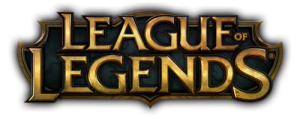Video games are a waste of time, says every teenage boy’s mother. Games like World of Warcraft and League of Legends are addicting – I myself spent at least 1000 hours over the course of 7 years (for the Mathematically inclined, that’s about 1/60th of my time) playing said games. While I may not have economically benefited from these games, there is a thriving black market that exists in the real economical world.
Runescape, a MUD-MMORPG has one of the most fascinating history of all game-based black markets. Since 2007, there are allegations that Chinese political prisoners were chained to computers in the evening slaying dragons. While it sounds absurd, every dragon is worth about 5000 in-game gold, and currently, 1 million in-game gold goes for about a quarter USD. With the addition of bots and scripts to automate these actions, selling online currency is a multi-million dollar industry.
While Runescape’s popularity has died down since the final years of the 2000s, new games and exploitations are on the rise. The newly minted most popular game of the 21st century, League of Legends, with over 41 million unique viewer for their World Championship this past November, posses both legal and illegal ways to make money. Less skilled players who wanted to be higher in ranking (elo) would pay more skillful players to be on their team and rise in ranking, with some of the cheaper elo-boosters being $15/hour. This practice is heavily criticized by Riot Gaming, the company that created League of Legends, for intentionally creating a bad gaming experience by pairing players of different skill level and has banned many famous players for doing so.
Guess video game can pay the bill, albeit at a cost.
